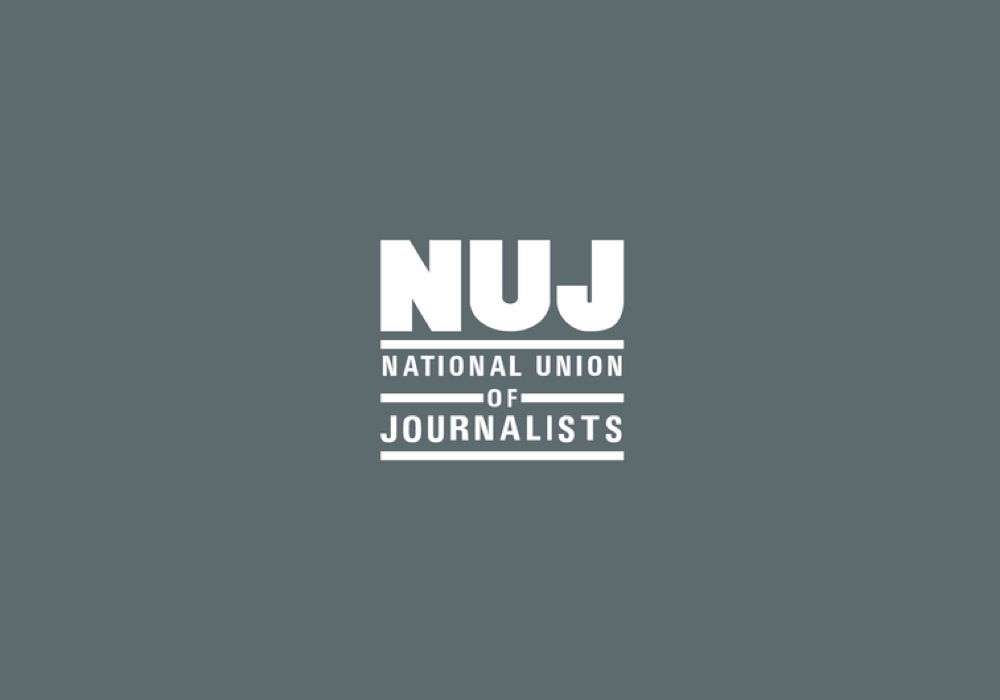
NUJ urges reversal of BBC digital radio station plans
The National Union of Journalists has reiterated its concern over the BBC’s proposals to launch two new digital radio stations including an extension to BBC Radio 2.
In July, the union welcomed Ofcom’s delay of the spin-off station, recognising it could have an adverse impact on competition.
However, revised plans have been referred again to Ofcom, following approval by the broadcaster’s board. The BBC states it has redeveloped plans considering consultation responses but alarmingly, denies cuts to local services have taken place.
The NUJ strongly refutes this claim, noting a third of the BBC’s uniquely local output has been curtailed.
The NUJ’s ‘Keep BBC Local Radio Local’ campaign attracted cross-parliamentary support and wide-ranging audiences stressed the importance of relevant and accessible news and entertainment through local radio.
The union believes funding by licence-fee payers should be focused on producing creative, unique content that cannot be easily replicated by commercial outlets. New music based services proposed follow a decimation of BBC local radio stations, resulting in job losses and limited resources for remaining journalists.
The union is therefore unclear how the BBC will implement plans to work in partnership with local radio stations when teams have been so heavily reduced in brutal cuts.
The BBC aims to attract an older audience in the radio station spin-off, with a commitment to playing a range of music from the 50s to 70s, but the union believes the target audience can be found among listeners of local radio, where attention must be redirected.
Laura Davison, NUJ National Organiser, said: “Journalists are still feeling the effects of drastic cuts to local radio made by the BBC, and the pursuit of new stations despite concerns raised on their value for money will come as a surprise to our members. In its revised plans the BBC says the changes to its English Local Radio services were not cuts but a rebalancing of resource from radio to online. Digital content cannot replicate the unique relationship radio has with local audiences and we urge a reversal of proposals and an end to obfuscation about the clear cuts to local radio that have taken place.
“We have not been engaged in consultation on the creation of any jobs under these new proposals and have unanswered questions about why the BBC is seeking to pursue this plan in the face of opposition. The company should instead focus its attention on investment in local radio stations valued by communities.”


